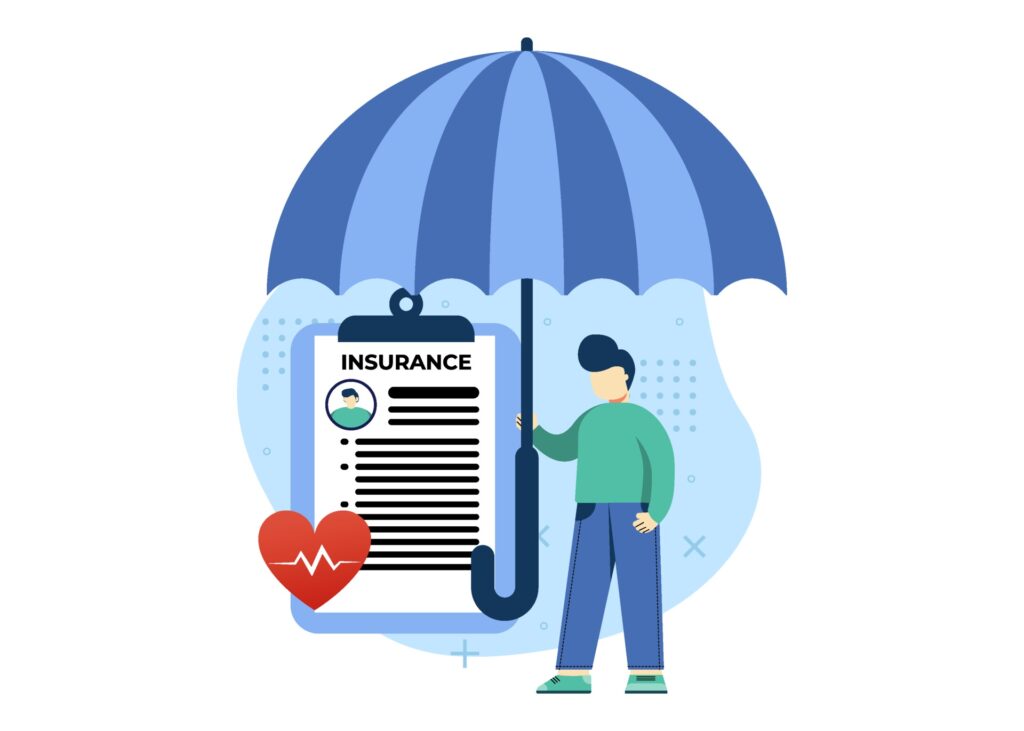Insurance helps protect your money and gives you peace of mind, but it’s important to find a balance between using your coverage and making too many insurance claims. In this article, we will talk about why it’s important to limit insurance claims and how it can save you money on premiums. By understanding how insurance premiums work, the impact of making lots of claims, the benefits of limiting claims, and taking preventive measures, you can have affordable insurance without compromising on protection.
Understanding Insurance Premiums
Insurance premiums are regular payments you make to keep your insurance coverage.
The amount you pay for premiums depends on things like the value of what you’re insuring, how much coverage you have, how risky you are as a policyholder and the insurance company’s history of claims. Insurance companies look at the chances of you making a claim and how much it might cost when they decide on your premiums.

Impact of Frequent Claims on Premiums
Making a lot of insurance claims can make your premiums go up. If you make many claims in a short time, insurance companies see you as a bigger risk. To make up for the higher risk, they charge you more money in premiums. Your history of claims and how risky you are affect how much you pay for premiums.
Benefits of Limiting Insurance Claims
Limiting the number of claims you make can lower your premiums, save you money in the long run, improve your risk profile, and give you more control over your policy costs. Insurance companies see people with fewer claims as less risky, so they give them lower premiums. By avoiding unnecessary claims and being careful, you can save money in the long term because you’re less likely to have to make future claims and pay more in premiums. If you have a clean claims history, insurance companies might give you discounts or better coverage options. When you limit your claims, you can use your insurance for important events and handle smaller incidents yourself, which helps you avoid higher premiums.

Adopting Preventive Measures
You can take steps to prevent accidents or losses and reduce the need for insurance claims.
Regularly maintain and check your insured property to find and fix any risks that could cause damages and lead to claims. Install safety features like security systems, smoke detectors, fire extinguishers, and burglar alarms to lower the chances of incidents happening. This shows that you take safety seriously. Make your home more secure by reinforcing doors and windows, improving lighting, and protecting valuable belongings. This reduces the risk of theft or vandalism, which means you might not have to make insurance claims.
Practice safe driving habits, follow traffic rules, avoid distractions, and keep a clean driving record. This lowers the chances of accidents and claims.
Conclusion
It’s important to limit insurance claims so you can save money on premiums and manage your insurance costs effectively. When you have a clean claims history, you pay lower premiums, save money in the long run, improve your risk profile, and have more control over your policy expenses. By taking preventive measures that fit your needs, you can further reduce the number of claims you make.
Prioritizing risk prevention, home security, regular maintenance, and safe driving practices lowers the chances of incidents happening and shows that you manage your insurance responsibly. By limiting claims, you strike a balance between using your coverage, keeping it affordable, and making sure you’re protected from unexpected events. For more information—or to get answers to your specific questions—call a YourPolicy agent at (866)236-0203.






